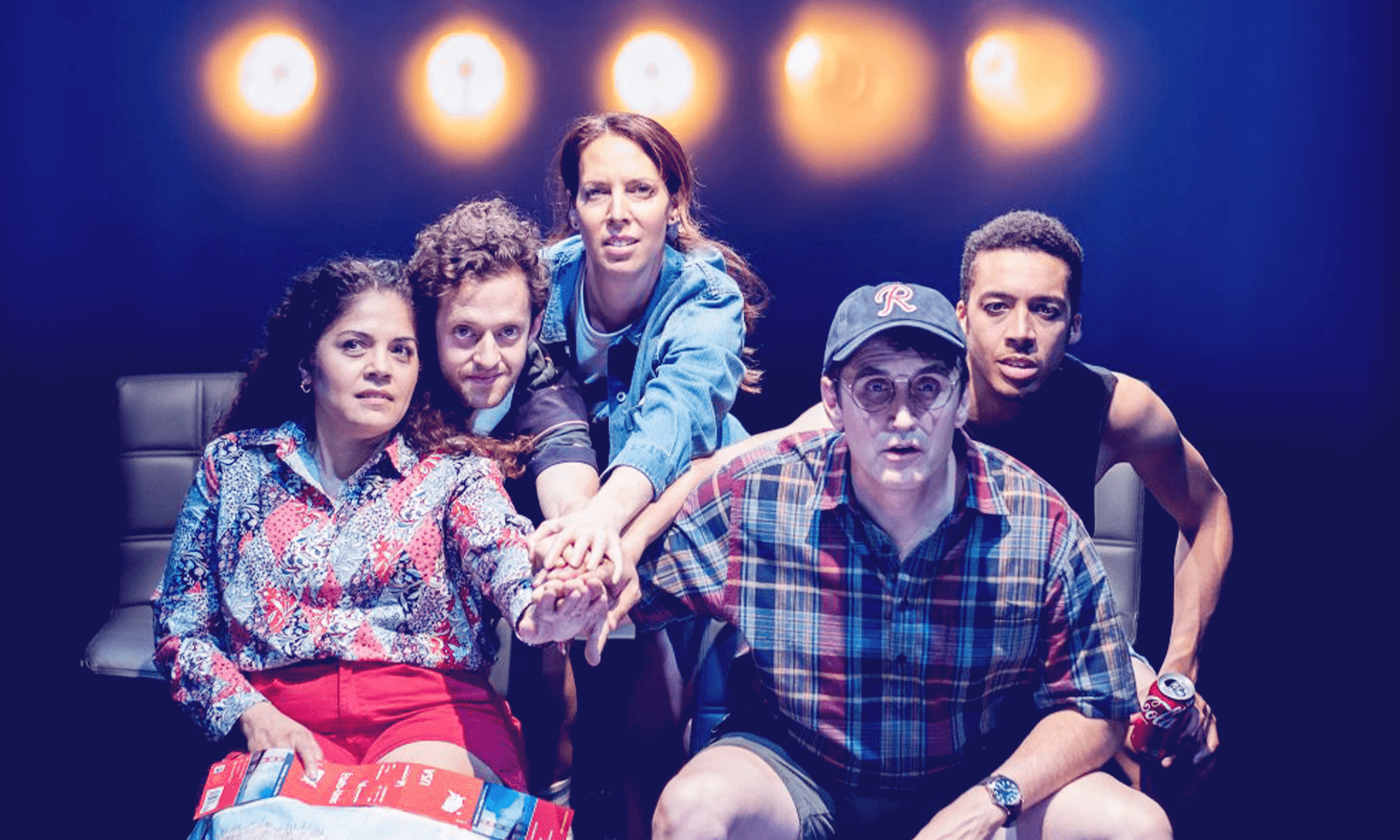If you create it, inspiration will come: Q&A with writer and creator, Trish Harnetiaux

A playwright, filmmaker and experiential creator walk into a bar… No, it’s not three people, just the multi-hyphenate, multi-talented Trish Harnetiaux — and she probably knows the bartender, so the first round is on the house. I first met Trish on a Zoom call as she balanced her laptop on a chair while backstage in a dark theater in Gowanus. That wasn’t all she was balancing. Between scenes during a theater workshop, Trish carved out time to virtually meet with four finalists for the Fashion Scholarship Fund, helping each of these budding young designers discover and share their life’s passion with a room full of strangers. While I would have been a frantic ball of nerves jumping from one version of myself to another, Trish was the calmest presence on the call. Because she wasn’t shedding her playwright persona to reveal the experiential creator within. Trish is, as Michelle Yeoh would say, everything everywhere all at once. I chatted with Trish, who was just back from a much-deserved summer away from the city, about the intersection between theater and XP, how the perfect experience messes with our reality and why you can’t actually look for inspiration. Samantha Stallard: Tell us...
